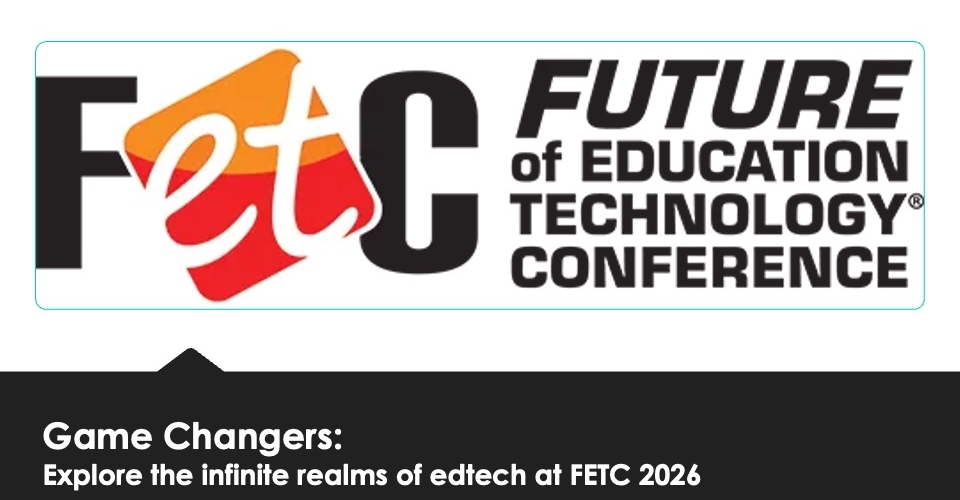Want to teach your high schoolers how to prep for an interview? How about translating languages in real time? Maybe you want a tool to summarize virtual or in-person meetings with staff. ChatGPT’s latest innovation can do that and more.
Last week, OpenAI introduced GPT-4o (“o” for “omni”), marking the latest future-forward innovation in the AI space. The model is far more impressive than what most education professionals originally feared when ChatGPT was launched in November 2022.
our new model: GPT-4o, is our best model ever. it is smart, it is fast,it is natively multimodal (!), and…
— Sam Altman (@sama) May 13, 2024
GPT-4o allows for realistically casual human-computer interaction as it can take any combination of text, audio, image and video and generate any combination of outputs. It’s also quick to respond to audio commands averaging a 320 millisecond response time, similar to humans.
“Because GTP-4o is our first model combining all of these modalities, we are still just scratching the surface of exploring what the model can do and its limitations,” the announcement reads.
More from DA: Why success is a ‘team effort’ for Virginia’s Superintendent of the Year
Although OpenAI plans to roll out the tool “iteratively,” its text and image capabilities have already been implanted in ChatGPT. In the meantime, here’s what you’ll have to look forward to as they continue testing its audio and video features.
In this video, Khan Academy CEO Sal Khan sits down with his son to show how it can be used to tutor students struggling with math.
Here’s another video of GPT-4o summarizing a meeting with audio immediately after it concludes.
With these new innovations come a number of safety concerns, OpenAI notes. In their blog post, they contend that their assessments of cybersecurity, model autonomy and other factors don’t score above “medium risk” in any of the categories tested.
“GPT-4o has also undergone extensive external red teaming with 70+ external experts in domains such as social psychology, bias and fairness, and misinformation to identify risks that are introduced or amplified by the newly added modalities,” OpenAI writes. “We used these learnings to build out our safety interventions in order to improve the safety of interacting with GPT-4o. We will continue to mitigate new risks as they’re discovered.”



